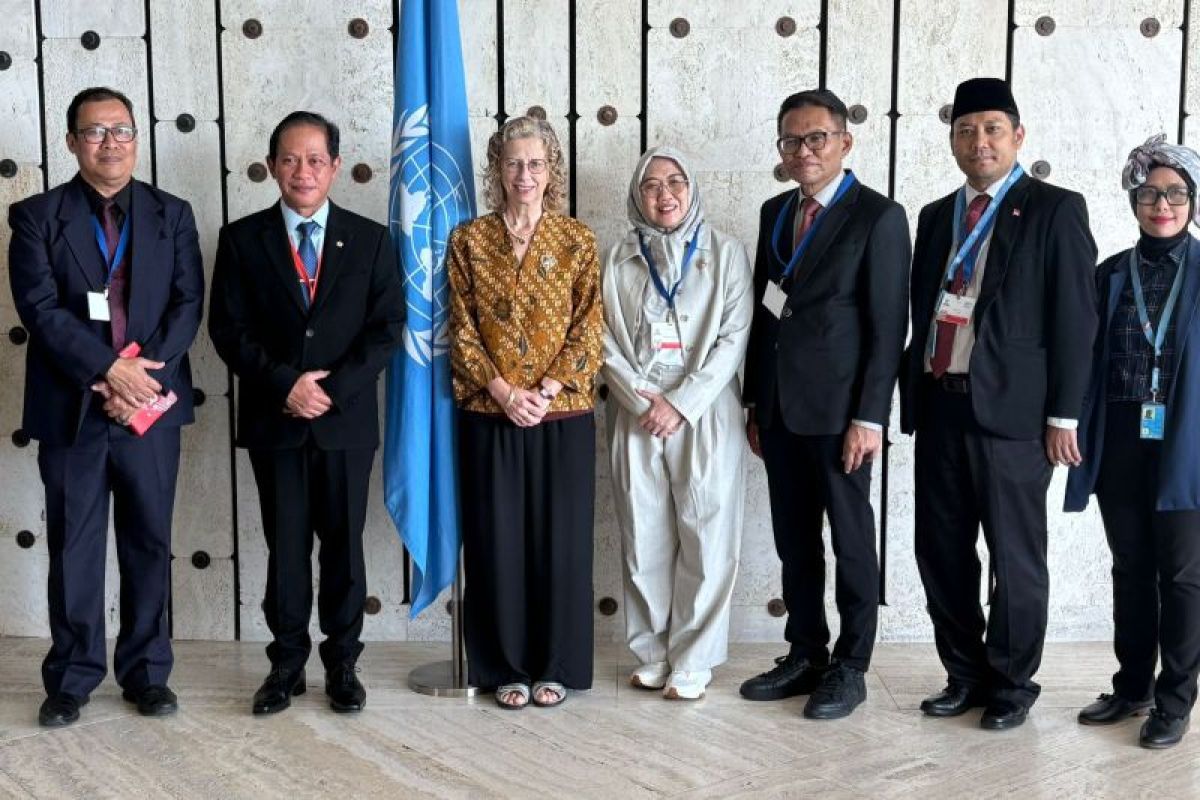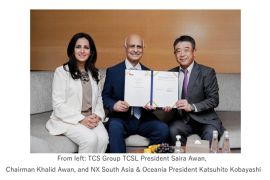According to a statement received on Saturday, Nurofiq raised the issue in Geneva, Switzerland, during the second part of the fifth session of the Intergovernmental Negotiating Committee (INC-5.2), which is tasked with developing an internationally legally binding instrument on plastic pollution.
"There must be inclusive and fair negotiations that respect the unique conditions of every country, especially developing nations, as they require technological, financial, and investment support from developed ones," he noted.
On the sidelines of the session, held on August 5–15, the minister also joined a ministerial roundtable, a public–private dialogue, bilateral meetings with Swiss, British, and Dutch officials, and a visit to a local waste reuse facility.
During the roundtable, he expressed Indonesia's concern over the lack of significant progress in the treaty talks, which began in 2022, while stressing the urgency of concluding the pact to address the worsening threat of plastic pollution.
He affirmed that Indonesia has set a target to properly manage 100 percent of its waste, including plastic debris, by 2029.
Separately, in talks with the Business Coalition for a Global Plastics Treaty, which represents more than 250 companies across the plastics value chain, Indonesia emphasized that the treaty must be adopted through consensus, not voting.
"The treaty must be an ambitious yet practical legal instrument that reflects the urgency of ending plastic pollution. We must act now," he said.
Indonesia also voiced support for the coalition’s three core missions: eliminating problematic products and chemicals, promoting sustainable product design, and expanding Extended Producer Responsibility (EPR) frameworks.
Under EPR, producers are held accountable for the entire life cycle of their products, making them responsible for managing the waste they generate.
Related news: Indonesia pushes multilateral cooperation to tackle plastic pollution
Related news: Need joint action to tackle plastic waste: minister
Translator: Prisca T, Tegar Nurfitra
Editor: Primayanti
Copyright © ANTARA 2025










